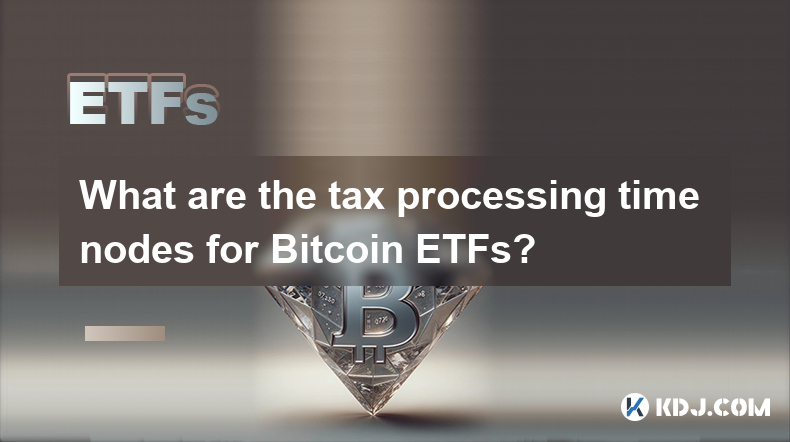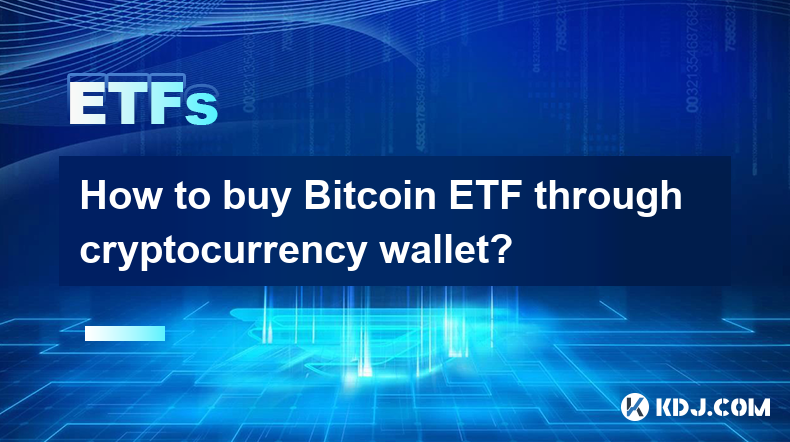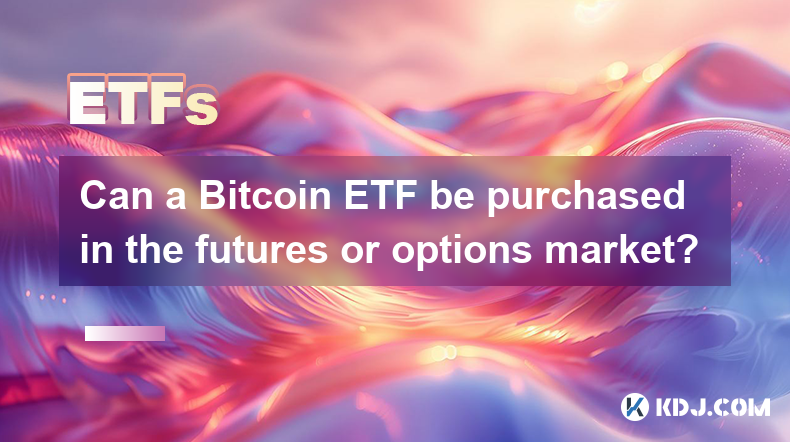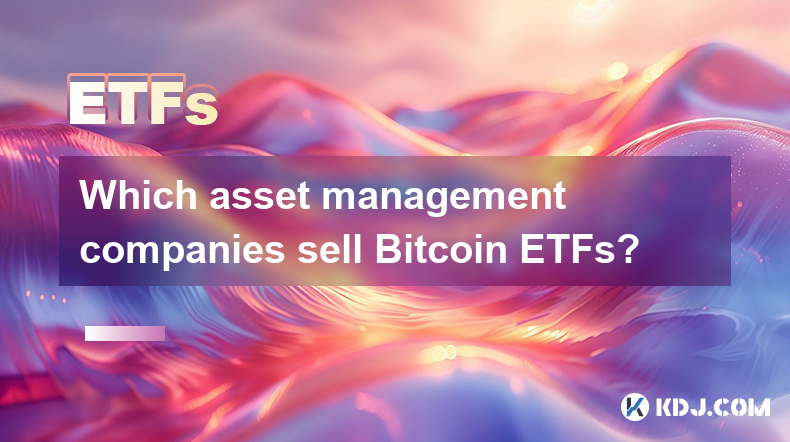-
 Bitcoin
Bitcoin $83,324.3682
-0.96% -
 Ethereum
Ethereum $1,818.1316
-2.08% -
 Tether USDt
Tether USDt $0.9999
0.00% -
 XRP
XRP $2.0459
-1.77% -
 BNB
BNB $602.9670
0.61% -
 Solana
Solana $118.6811
-4.36% -
 USDC
USDC $1.0000
-0.01% -
 Dogecoin
Dogecoin $0.1647
-2.29% -
 Cardano
Cardano $0.6489
-2.70% -
 TRON
TRON $0.2354
-0.80% -
 Toncoin
Toncoin $3.7675
-5.81% -
 UNUS SED LEO
UNUS SED LEO $9.4264
0.19% -
 Chainlink
Chainlink $12.9734
-3.40% -
 Stellar
Stellar $0.2619
-1.17% -
 Avalanche
Avalanche $18.3750
-2.81% -
 Sui
Sui $2.3033
-0.83% -
 Shiba Inu
Shiba Inu $0.0...01223
0.28% -
 Hedera
Hedera $0.1629
-0.49% -
 Litecoin
Litecoin $83.8176
2.52% -
 Polkadot
Polkadot $4.0062
-0.84% -
 MANTRA
MANTRA $6.3682
2.59% -
 Bitcoin Cash
Bitcoin Cash $304.3215
-0.10% -
 Bitget Token
Bitget Token $4.5315
-0.92% -
 Dai
Dai $1.0001
0.00% -
 Ethena USDe
Ethena USDe $0.9998
0.00% -
 Pi
Pi $0.6280
-8.11% -
 Hyperliquid
Hyperliquid $11.9038
-8.61% -
 Monero
Monero $214.1930
-0.70% -
 Uniswap
Uniswap $5.9929
-0.74% -
 Aptos
Aptos $5.2227
-0.74%
What are the tax processing time nodes for Bitcoin ETFs?
Bitcoin ETF tax implications vary by jurisdiction and depend on purchase, sale, distributions, and year-end reporting, with short-term and long-term gains taxed differently.
Mar 31, 2025 at 03:21 pm

Understanding Tax Implications of Bitcoin ETFs
The tax implications of Bitcoin ETFs are complex and depend on several factors, including your jurisdiction, holding period, and the specific ETF structure. There isn't a single "processing time node" for taxes related to Bitcoin ETFs, but rather several points where tax implications arise. Understanding these points is crucial for accurate tax reporting.
Key Tax Time Nodes for Bitcoin ETF Investors
Purchase: When you purchase Bitcoin ETF shares, you don't incur an immediate tax liability. However, you establish a cost basis – the original price you paid for the shares. This is crucial for calculating capital gains or losses later.
Sale: This is the primary tax event. When you sell your Bitcoin ETF shares, you realize a capital gain or loss. The difference between your sale price and your cost basis determines the taxable amount. The tax rate depends on your holding period (short-term or long-term) and your tax bracket.
Distribution: Some Bitcoin ETFs distribute dividends or capital gains to shareholders. These distributions are taxable income in the year they are received, regardless of whether you reinvest them. You'll receive a tax form (like a 1099-DIV in the US) detailing these distributions.
Year-End Reporting: At the end of the tax year, you need to report all capital gains and losses, as well as any distributions received from your Bitcoin ETF investments. This usually involves completing relevant tax forms (like Schedule D in the US). The deadline for filing these forms varies by jurisdiction.
Tax Audits: While not a specific time node, it's important to maintain accurate records of all your Bitcoin ETF transactions. Tax authorities may audit your returns, so thorough record-keeping is essential. This includes keeping records of purchase confirmations, sale confirmations, and distribution statements.
Understanding Short-Term vs. Long-Term Capital Gains
The tax implications of selling Bitcoin ETF shares significantly depend on your holding period.
Short-Term Capital Gains: These are gains from selling assets held for one year or less. They are taxed at your ordinary income tax rate, which can be significantly higher than the long-term capital gains rate.
Long-Term Capital Gains: These are gains from selling assets held for more than one year. They are generally taxed at a lower rate than short-term capital gains. The exact rate depends on your income level and the applicable tax laws in your jurisdiction.
Tax Implications in Different Jurisdictions
Tax laws vary significantly across different countries. What constitutes a taxable event and the applicable tax rates can differ substantially. For example, some countries may have specific regulations concerning cryptocurrency investments, while others may treat them similarly to traditional securities. It's crucial to consult with a qualified tax professional in your jurisdiction to ensure compliance with local tax laws.
Impact of ETF Structure on Tax Reporting
The specific structure of the Bitcoin ETF can also influence tax reporting. For instance, some ETFs might employ strategies that generate different types of income, leading to more complex tax filings. Understanding the ETF's investment strategy and its potential tax implications is essential before investing.
Record Keeping Best Practices for Bitcoin ETF Investors
Maintaining accurate and organized records is crucial for accurate tax reporting and minimizing potential tax liabilities. Here are some best practices:
- Keep all purchase and sale confirmations from your brokerage.
- Record all distributions received from the ETF.
- Use tax software or a spreadsheet to track your transactions and calculate your gains and losses.
- Consult a tax professional for personalized advice.
The Importance of Professional Tax Advice
Given the complexities of cryptocurrency taxation, seeking professional tax advice is strongly recommended. A qualified tax advisor can help you understand the specific tax implications of your Bitcoin ETF investments, ensure accurate reporting, and potentially minimize your tax liability. They can also keep you updated on any changes in tax laws that may affect your investments.
Frequently Asked Questions
Q: What is a cost basis in the context of Bitcoin ETFs?
A: Your cost basis is the original price you paid for your Bitcoin ETF shares. This is crucial for calculating your capital gains or losses when you sell the shares. It includes the purchase price plus any commissions or fees paid.
Q: How are distributions from Bitcoin ETFs taxed?
A: Distributions, such as dividends or capital gains, are taxed as ordinary income in the year you receive them. You'll receive a tax form detailing these distributions, which you'll need to report on your tax return.
Q: What is the difference between short-term and long-term capital gains for Bitcoin ETFs?
A: Short-term capital gains are from assets held for one year or less and are taxed at your ordinary income tax rate. Long-term capital gains are from assets held for more than one year and are generally taxed at a lower rate.
Q: Do I need to report Bitcoin ETF transactions on my tax return?
A: Yes, you must report all Bitcoin ETF transactions, including purchases, sales, and distributions, on your tax return. Failure to do so can result in penalties.
Q: Where can I find more information about the tax implications of Bitcoin ETFs?
A: You can find more information from your country's tax authority website, your brokerage's website, and by consulting with a qualified tax professional. Always refer to the most up-to-date information as tax laws can change.
Q: What happens if I make a mistake on my tax return related to Bitcoin ETFs?
A: If you discover a mistake, you should file an amended tax return as soon as possible. Penalties may apply for late filing or for intentionally incorrect reporting. A tax professional can assist in correcting errors.
Disclaimer:info@kdj.com
The information provided is not trading advice. kdj.com does not assume any responsibility for any investments made based on the information provided in this article. Cryptocurrencies are highly volatile and it is highly recommended that you invest with caution after thorough research!
If you believe that the content used on this website infringes your copyright, please contact us immediately (info@kdj.com) and we will delete it promptly.
- FDUSD, BTC, TUSD, SEI, and LINK are the top 5 virtual asset-related keywords attracting the most interest
- 2025-04-03 15:45:12
- Bitcoin Pepe (BPEP) could hit $250 in four years
- 2025-04-03 15:45:12
- TAO Breaks Resistance, HYPE Dips 14%— Yet BlockDAG PullS in $210M Following Keynote 3 Launch!
- 2025-04-03 15:40:13
- Dogecoin (DOGE) Price Prediction: An Analyst Highlights a Bullish Divergence, Suggesting a Rally Could Be in the Cards
- 2025-04-03 15:40:13
- XRP Navigates Volatile Waters, Targeting a Breakout From Its Range
- 2025-04-03 15:35:27
- Meme Cryptocurrency Dogecoin DOGE/USD Falls After President Donald Trump's Tariff Shock, Extending Weekly Losses to Over 16%
- 2025-04-03 15:35:27
Related knowledge

How to buy Bitcoin ETF through cryptocurrency wallet?
Mar 30,2025 at 08:22pm
It's important to understand that you cannot directly buy a Bitcoin ETF through a cryptocurrency wallet. Cryptocurrency wallets are designed to hold and manage digital assets like Bitcoin itself, not exchange-traded funds (ETFs). Bitcoin ETFs are traded on traditional stock exchanges, not decentralized cryptocurrency exchanges. Therefore, the process i...

On which fintech platforms can Bitcoin ETFs be traded?
Mar 28,2025 at 09:21am
Navigating the Bitcoin ETF Landscape on Fintech PlatformsThe availability of Bitcoin ETFs on fintech platforms is a rapidly evolving landscape. Currently, the approval and subsequent listing of Bitcoin ETFs are subject to regulatory hurdles and vary significantly by jurisdiction. Therefore, the specific platforms offering Bitcoin ETF trading depend hea...

Does buying a Bitcoin ETF require a specific investment strategy?
Mar 27,2025 at 06:36pm
Understanding Bitcoin ETFs and Investment StrategiesA Bitcoin Exchange-Traded Fund (ETF) is a type of investment fund that tracks the price of Bitcoin. Investing in a Bitcoin ETF offers exposure to the cryptocurrency market without the complexities of directly owning and securing Bitcoin. However, like any investment, a successful strategy requires car...

Can a Bitcoin ETF be purchased in the futures or options market?
Mar 27,2025 at 02:49am
Understanding Bitcoin ETFs and Derivative MarketsA Bitcoin ETF (Exchange-Traded Fund) is a fund that tracks the price of Bitcoin. Unlike directly buying Bitcoin, an ETF offers a more regulated and accessible way for investors to gain exposure to the cryptocurrency market through traditional brokerage accounts. However, the availability of a Bitcoin ETF...

How to buy Bitcoin ETF through social trading platform?
Mar 27,2025 at 10:43am
How to Buy Bitcoin ETF Through Social Trading Platforms? Understanding Bitcoin ETFs and Social TradingA Bitcoin ETF (Exchange-Traded Fund) is a fund that tracks the price of Bitcoin. Unlike directly buying Bitcoin, an ETF offers a regulated and potentially less volatile way to gain exposure to the cryptocurrency market. This is because ETFs are traded o...

Which asset management companies sell Bitcoin ETFs?
Mar 28,2025 at 02:21am
The Current Landscape of Bitcoin ETF OfferingsCurrently, no asset management company offers a fully-fledged, SEC-approved Bitcoin ETF in the United States. While several companies have filed applications, the Securities and Exchange Commission (SEC) has yet to approve any. This is primarily due to concerns surrounding market manipulation, investor prot...

How to buy Bitcoin ETF through cryptocurrency wallet?
Mar 30,2025 at 08:22pm
It's important to understand that you cannot directly buy a Bitcoin ETF through a cryptocurrency wallet. Cryptocurrency wallets are designed to hold and manage digital assets like Bitcoin itself, not exchange-traded funds (ETFs). Bitcoin ETFs are traded on traditional stock exchanges, not decentralized cryptocurrency exchanges. Therefore, the process i...

On which fintech platforms can Bitcoin ETFs be traded?
Mar 28,2025 at 09:21am
Navigating the Bitcoin ETF Landscape on Fintech PlatformsThe availability of Bitcoin ETFs on fintech platforms is a rapidly evolving landscape. Currently, the approval and subsequent listing of Bitcoin ETFs are subject to regulatory hurdles and vary significantly by jurisdiction. Therefore, the specific platforms offering Bitcoin ETF trading depend hea...

Does buying a Bitcoin ETF require a specific investment strategy?
Mar 27,2025 at 06:36pm
Understanding Bitcoin ETFs and Investment StrategiesA Bitcoin Exchange-Traded Fund (ETF) is a type of investment fund that tracks the price of Bitcoin. Investing in a Bitcoin ETF offers exposure to the cryptocurrency market without the complexities of directly owning and securing Bitcoin. However, like any investment, a successful strategy requires car...

Can a Bitcoin ETF be purchased in the futures or options market?
Mar 27,2025 at 02:49am
Understanding Bitcoin ETFs and Derivative MarketsA Bitcoin ETF (Exchange-Traded Fund) is a fund that tracks the price of Bitcoin. Unlike directly buying Bitcoin, an ETF offers a more regulated and accessible way for investors to gain exposure to the cryptocurrency market through traditional brokerage accounts. However, the availability of a Bitcoin ETF...

How to buy Bitcoin ETF through social trading platform?
Mar 27,2025 at 10:43am
How to Buy Bitcoin ETF Through Social Trading Platforms? Understanding Bitcoin ETFs and Social TradingA Bitcoin ETF (Exchange-Traded Fund) is a fund that tracks the price of Bitcoin. Unlike directly buying Bitcoin, an ETF offers a regulated and potentially less volatile way to gain exposure to the cryptocurrency market. This is because ETFs are traded o...

Which asset management companies sell Bitcoin ETFs?
Mar 28,2025 at 02:21am
The Current Landscape of Bitcoin ETF OfferingsCurrently, no asset management company offers a fully-fledged, SEC-approved Bitcoin ETF in the United States. While several companies have filed applications, the Securities and Exchange Commission (SEC) has yet to approve any. This is primarily due to concerns surrounding market manipulation, investor prot...
See all articles























































































